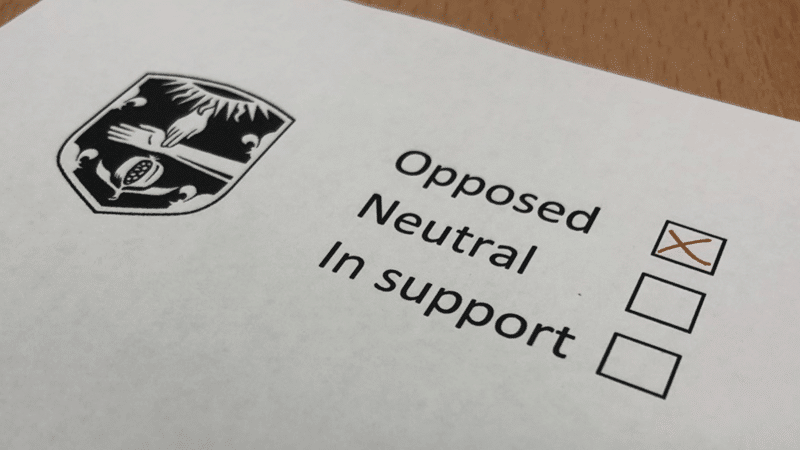The Royal College of Physicians’ (RCP) decision to end its opposition to assisted suicide has come under fire in a series of letters to The Times.
In a recent RCP poll of its UK fellows and members, just 25 per cent supported the ‘neutral’ position, with 43.4 per cent asking to College to continue to oppose legalisation.
In a scathing letter to The Times, Paralympic legend Baroness Tanni Grey-Thompson called the outcome “nonsensical”.
‘Politically motivated’
The gold medallist said: “Just a quarter of members who voted said that they wanted the college to be neutral on the controversial issue of ‘assisted dying’. By contrast, nearly a half said that the college should remain opposed”.
“So (you’ve guessed it), the college switched to a neutral position – as, clearly, has been planned from the start.”
She added: “In previous consultations the college, rightly and sensibly, adopted the position advised by the greatest number of respondents. This time it has fallen victim to politically motivated intrigue.”
Current law
In his letter, the Medical Director and Professor of Palliative Care at St Christopher’s Hospice, Rob George, wrote: “Amid the politics of assisted suicide, there are real people suffering who do not receive adequate care and yet still want to live.”
“Medicine should never be about ending life”.
He noted that “over 80 per cent of those in palliative care, do not want to be involved in ending their patients’ lives. Long may it stay that way, and the law remain a protection to their patients.”
‘Unlawful deaths’
Though the RCP claims that the move to neutrality reflects the “range of views” among doctors, others say that it implies support for a change in the law.
Renal Registrar Dr David Randall is among a group of doctors who launched a legal challenge to the way the College went about changing its 500-year stance.
He wrote that there were ‘no mechanisms’ to fully protect patient safety.
“Thus the almost inevitable effect of legalising assisted suicide would be the premature and unlawful deaths of at least some vulnerable patients”.


